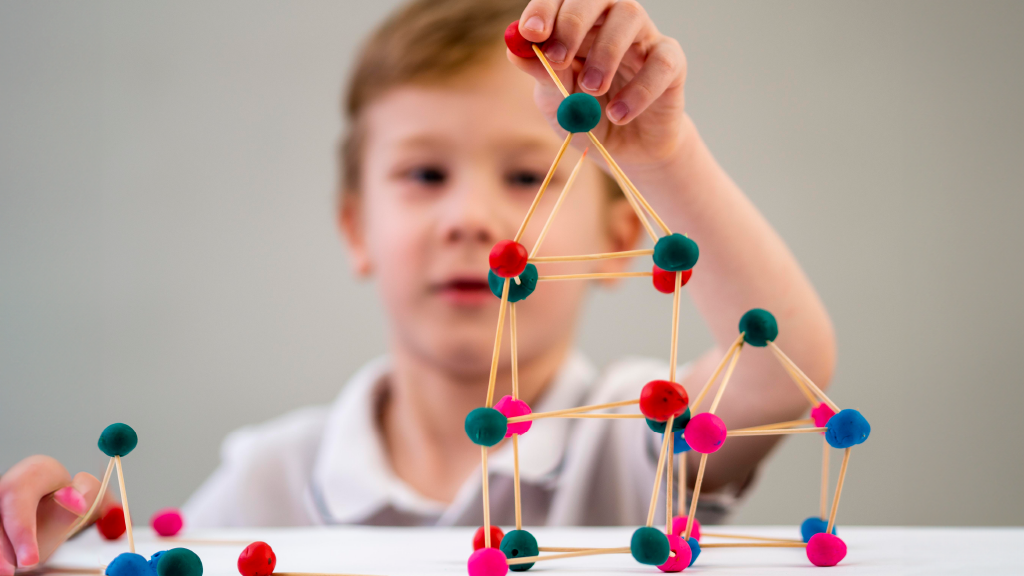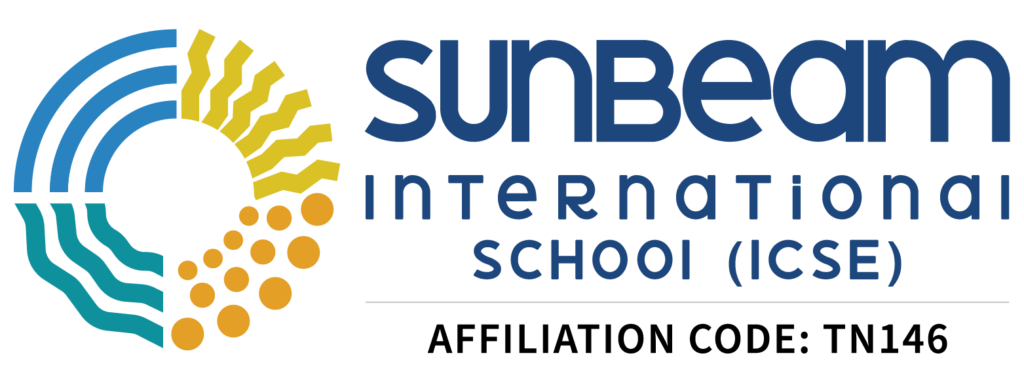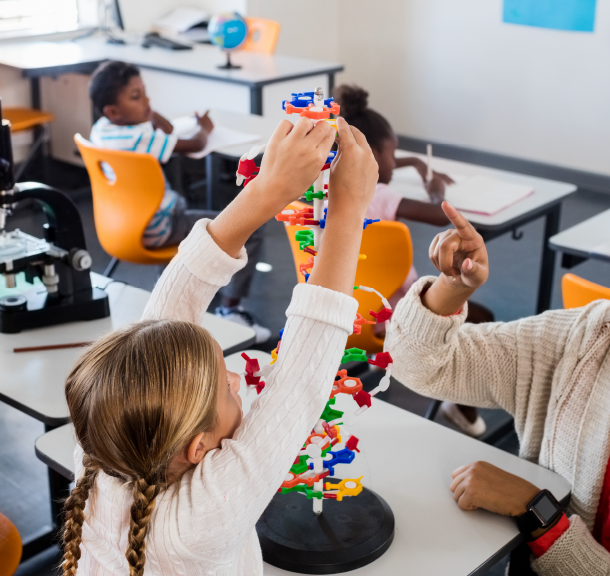
How Assessment is Changing in K-12 Education: Moving Away from Traditional Testing

Traditional assessments have a role in evaluating some aspects of learning, but they often fail to capture the whole picture of a student’s abilities, skills, and potential. That’s why educators, researchers, and policymakers are looking for new ways to rethink assessment practices to better meet the needs of 21st-century learners.

Here are some key aspects that are driving the change in assessment in K-12 education:
Focus on Real-World Application: Assessments are changing to emphasize real-world application rather than memorization. Performance-based tasks, projects, and portfolios let students show their knowledge and skills in practical situations, developing critical thinking, problem-solving, and creativity.
Assessment for Learning (Formative Assessment): Instead of focusing on assessment of learning, educators are using formative assessment strategies. These ongoing assessments give feedback to students, helping them to recognize their strengths and areas for improvement, and encouraging a growth mindset.
Diverse Assessment Methods: Acknowledging the diversity of learners, assessments are moving away from standardized tests. Alternative methods such as presentations, debates, essays, group projects, peer assessments, and exhibitions offer different ways for students to demonstrate their understanding and talents.
Digital Tools and Technology: The use of technology in assessments has created opportunities for more interactive and engaging evaluation methods. Online quizzes, simulations, virtual labs, and adaptive learning platforms provide dynamic assessment opportunities that are customized to individual student needs.
Social and Emotional Learning (SEL) Assessment: The value of social and emotional skills is gaining recognition in education. Assessments now include evaluating skills like teamwork, communication, empathy, and resilience, supporting the holistic development of students.

Personalized and Authentic Assessment: Personalized assessments take into account individual student abilities, preferences, and interests. Authentic assessments match real-life scenarios, enabling students to show their competencies in contexts that reflect actual challenges they might face.
This change in assessment practices is not easy. There are challenges such as standardization, scalability, reliability, and equity in implementing alternative assessment methods that need careful consideration and innovative solutions. Moreover, educators may need professional development and support to effectively use these new assessment approaches in their teaching practices.
As we go through this change in assessment, collaboration among educators, policymakers, students, and parents is essential. This change requires a collective effort to create assessment systems that truly reflect a student’s growth, skills, and readiness for the complexities of the modern world.
The change in assessment in K-12 education represents a significant shift towards a more comprehensive and student-centered approach. By diversifying assessment methods, fostering real-world application, and valuing social and emotional skills, education can better prepare students for success in an ever-changing global landscape.

